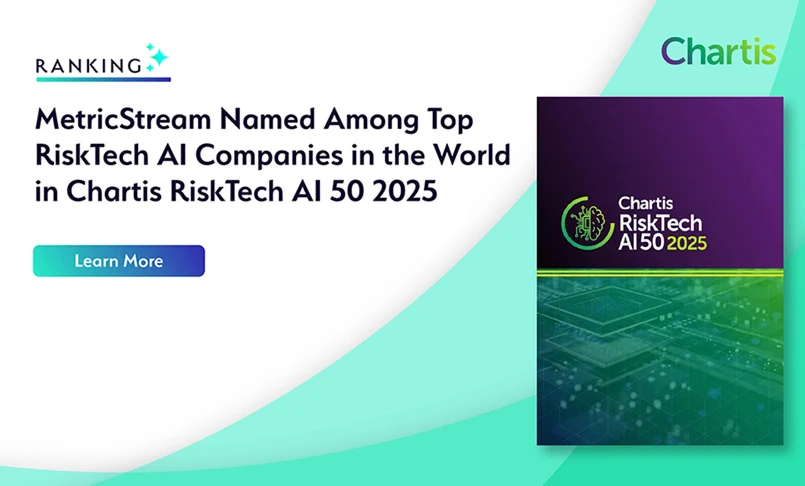“Digital disruption” isn’t an overnight phenomenon. It started with Google
- GRC
- 25 July 16

Introduction
The term “digital disruption” has been over-hyped, overused and taken out of context during these past few months. Every new mobile app that gets created in Silicon Valley have been compared with the likes of Uber, Airbnb and most surprisingly, Amazon. Don’t get me wrong, I am not a naysayer predicting doomsday for the new wave of tech innovation where personalization and localization seems to have become an obsession. Anyways who can predict the future, unless you’re Toffler or Taleb.
But then “digital disruption” is not an overnight phenomenon. Google started it. The most valuable brand in the world, Apple is doing it in more ways than one and the recent rise of companies like Uber and Airbnb proves that it is here to stay.
I googled “What is digital disruption?” and in a tiny box at the top of the search results, it offers sage advice and I quote verbatim, “Digital disruption refers to changes enabled by digital technologies that occur at a pace and magnitude that disrupt established ways of value creation, social interactions, doing business and more generally our thinking. Digital Disruption can be seen as both a threat and an opportunity.”
Recently, I was in San Francisco meeting a company for their software needs. With their offices in the Financial District and my meeting being just after lunch hour, parking wasn’t going to be easy. I drove around the block a couple of times, in a daze trying to keep a track of people and one-way traffic. Suddenly a new app that I had heard about on radio or noticed somewhere online came to mind. Zirx. They promise to send a parking valet when you need one, wherever you are: SF, NY or LA.
One of my friends from Mumbai jokes that “it’s easier to find ‘God’ in San Francisco than parking” and these days I don’t disagree with him. I download the app in a jiffy and fill in my credit card details while waiting at a traffic light. Then I request for a “Zirx valet” and in true Uber-style I see that one of their representatives are on their way to my meeting location. It seems he is the same distance away as I am. Around five minutes. The rest as they say is history. I would give Zirx six out of five stars if I could. Seamless experience in a vibrant, challenging city. How did they do it? Read on..
Mobile will drive “digital disruption”. This is a no-brainer but the only reason “digital disruption” exists is due to mobile platforms. How else do you make something personalized, location based, integrated and high speed without mobile. Also, what happens when there’s the next paradigm shift in technology?
No company is “too big to fail”, anymore. I heard this term for the first time during the Recession in 2008. Big banks were being called “too big to fail” and were routinely borrowing TARP funds to stay afloat. But what happens when regulations become simpler or harmonized as countries undergo major policy changes to remain competitive. Enterprises once protected by significant investments and regulations will fall victim to newer, innovative companies with far lesser legacy costs than “industrial bell-weathers”.
Look at peer-to-peer lending for instance and how one of the last bastions of complex regulations, i.e. the Financial Services industry, is being overcome by technology platforms.
It’s raining VC funding. Picture this: you are an Investment Banker and when you’ve to choose between investing money in Uber or Google, which one do you choose? If you had to go by the recent valuations of “digitally disruptive” companies, you will choose the former. After it’s recent round of funding, Uber is currently valued at $50 Bn, the most for a privately held company. Airbnb is not far behind with a whopping $25.5 Bn valuation.
Relationships will be forged on these platforms. Going back to my earlier argument that since these platforms are personalized and hyper-local, some trends are being shaped. Companies are spending more marketing dollars on “new media” and not on newspapers or TV and are engaging better with their audience. Also, “big data” gives rise to more personalized search results that work, no matter how much the privacy advocates protest the policies of companies like Google and Facebook.
Identifying the perfect “feedback loop”. Most importantly “digitally disruptive” companies have to sustain themselves. And create a “feedback loop” which stands the test of time. What happens when “self-driven cars” make companies like Uber obsolete? Will they and their ilk adapt to changing realities? Or become just another dinosaur of the digital age?
Cover Photo: Google Images.







